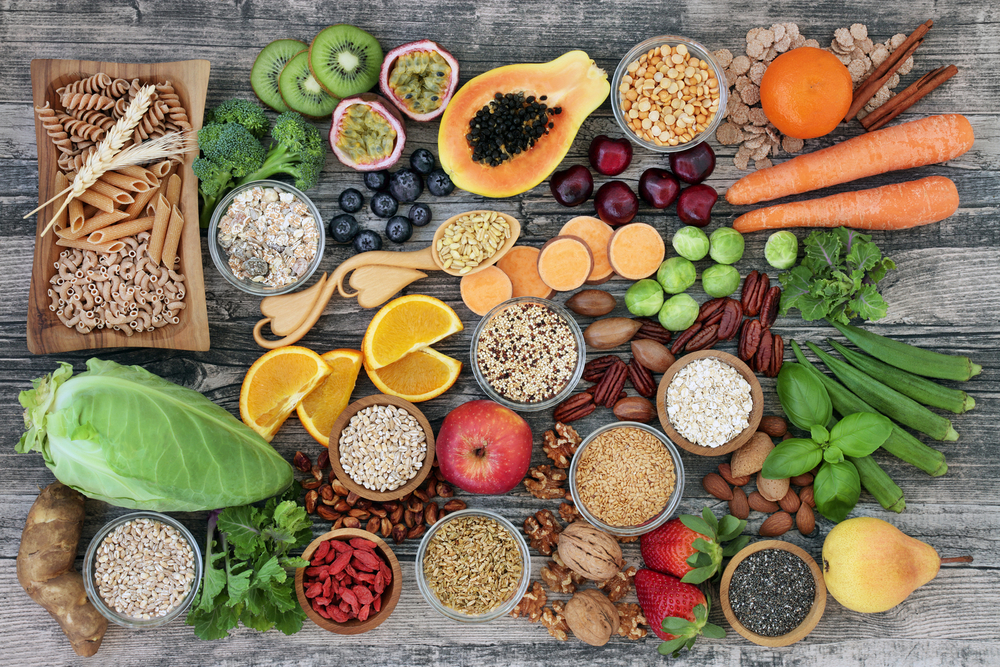
10 Nutrition Tips to Ease Cholesterol Woes
High blood cholesterol levels can cause several other health issues, but a few simple dietary tips can keep your cholesterol levels in check. Cholesterol is a waxy substance that the liver naturally produces, and it is also present in animal products like dairy, eggs, and meats. HDL or good cholesterol is beneficial for health, but LDL or bad cholesterol can heighten the risk of cardiovascular ailments.
Along with medications, the following dietary tips for patients with high cholesterol can help manage it.
1. Add fibrous foods to the diet
Soluble fiber is present in foods like legumes, beans, flax, citrus fruits and apples, and whole grains. Our bodies lack the enzymes required for breaking down soluble fiber, so it passes through the digestive tract and absorbs bile (mostly cholesterol) before expelling it from the body through stool.
2. Include more fruits and veggies
Consuming more fruits and vegetables helps lower high cholesterol levels as they are rich in many antioxidants that can stop LDL from oxidizing. So, it prevents bad cholesterol from forming plaque in the arteries.
3. Replace saturated fats with unsaturated fats
You can replace saturated fats that raise blood cholesterol levels with unsaturated fats to effectively lower them. The best sources of unsaturated fats are avocados, nuts, and fatty fish that are rich in omega-3s, which promote heart health and improve overall well-being.
4. Avoid trans fats
You must stay away from red meats and dairy foods that contain trans fats. These are made through hydrogenation, where unsaturated fats like vegetable oils undergo a change in structure, and they are mainly used by food makers and restaurants.
5. Consume more herbs and spices
These are considered to be nutritional powerhouses as they are excellent sources of antioxidants, minerals, and vitamins. Antioxidants stop LDLs from oxidizing and keep your blood cholesterol levels in check.
6. Say no to added sugars
This is among the most effective dietary tips for patients with high cholesterol as added sugars can heighten cholesterol levels and also harm overall health.
7. Opt for fatty fish
Adding fatty fish like salmon, mackerel, and tuna to your diet can provide you with omega-3 fatty acids, which increase good cholesterol levels in the bloodstream. They can protect the heart against clots and inflammation, reducing the chances of cardiovascular disease.
8. Switch to healthy oils
You can try and cook using sunflower oil, olive oil, sesame oil, and canola oil for several health benefits. You can also add salad dressings or mayonnaise prepared using such oils to your diet.
9. Reduce your sodium intake
Excess salt consumption will enhance the risk of hypertension. While cutting down on salt cannot directly bring down bad cholesterol levels, it can minimize the risk of heart diseases. So, it is best to opt for low-salt foods or and cut down on adding salt while cooking.
10. Alcohol
You should ideally avoid alcohol consumption as it contains too many calories and can lead to weight gain. This, in turn, increases the risk of cardiovascular problems because it elevates blood pressure.


